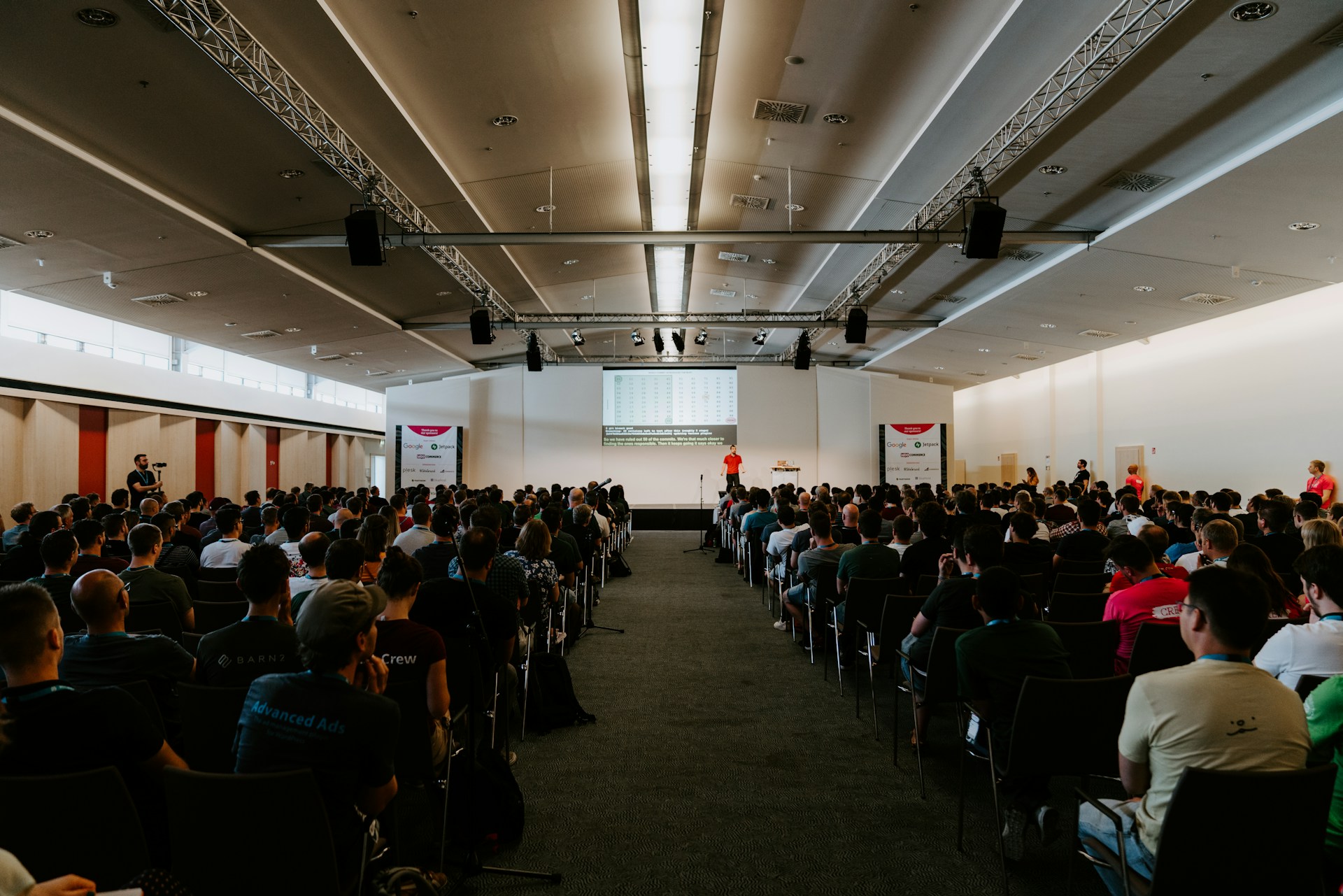Corporate events are essential in developing a business and improving its network. However, not all corporate events are successful. Many companies fail to focus on providing the best experience for the attendees, especially if they don’t get to view the long-term effects. One of which is the good relations with other companies.
Hiring corporate event planners is one of the best ways to provide the best corporate event experience. But how do you measure the success of a corporate event? There are many ways to do so. In this article, we’ll explore these tips and find out more about achieving success for corporate events.
But first, define clear objectives
Establishing clear goals and objectives is essential to the success of corporate events. Are you planning to launch a new product? What do you want the attendees to learn or acquire from the event?
Besides, the metrics that you’ll use for knowing the success rate of the event depend on the objectives. Some of the most common metrics used in measuring the success of a corporate event include ROI, sales, conversions, leads, and revenue, which will be discussed in this article.
Once you have set your objectives, it is easier to choose the right metrics to identify the success rate of your event.
1. Attendance and Engagement Metrics
One of the metrics you can use in measuring the success of your corporate event is the attendance and engagement metrics. While this is the most basic type of metric, it can still help track the success of your event.
When using this metric, consider the following tips:
a. Actual attendance over the registration
Nowadays, pre-registration is becoming more popular, especially for corporate events that need a large number of attendees.
b. Participation rate
Check the number of attendees participating in the panel discussions or question and answer portions.
c. Real-time feedback
It’s never too late to make adjustments. While the event is ongoing, you can ask for feedback from the attendees. This allows you to make the necessary adjustments based on what they’re currently experiencing.
2. Feedback and Surveys
Aside from the real-time feedback, post-event surveys should also be implemented. This is also a great way to measure the success of the event. Some of the main aspects you should include in the survey are overall satisfaction, venue and logistics, speaker effectiveness, and areas for improvement.
You can ask a question or even state a phrase, and the attendees can rate their experience based on the statement. For instance, you can ask whether they’re still planning to attend the same event in the future, and they can say yes or no. You can also have them rate the ambience of the place (from 1 to 5).

3. Demand Generation and Business Outcomes
Are you planning to generate leads at the end of the event? If yes, you should track the sales conversion, list the number of leads captured, schedule meetings and ensure to make follow-up after the event.
Knowing the possible leads that can be converted into sales can significantly help in evaluating the success of the event. At the same time, you can have a hint of whether your sales will increase due to the effectiveness of the event.
4. Return on Investment (ROI)
One of the most well-known indicators of a corporate event’s success is the Return on Investment (ROI). Usually, corporate events about product launches, trade shows, or sales conferences can immediately tell whether there’s ROI. You can check the ticket and product sales to get more accurate information.
Although the financial aspect, such as the ROI, isn’t the only factor to consider when assessing the success of an event, it’s still a great start.

5. Media and PR Coverage
In terms of the media and PR coverage, you can also look at how many times the event was mentioned in the articles, press, influencer accounts, and other social media platforms.
Besides, nowadays, a digital footprint is a great way to measure engagement. If people talk about it online, there must be something good or bad about it. However, since you’re hosting a corporate event, you should aim for the good side of the media and PR.
6. Stakeholder Satisfaction
Does your event involve stakeholders and sponsors? Usually, corporate events do, so ensure that every little detail satisfies them. There are obvious signs that the stakeholders and sponsors didn’t have any problem with the event, such as having higher engagement with their brands, good feedback, and pursuing future collaborations with your company.
On the other hand, if the sponsors and stakeholders have some suggestions about the overall event experience, don’t hesitate to work on them to improve future events.
Final Thoughts
Measuring the success of corporate events is essential. In doing so, you can use various metrics, as mentioned in this article. Knowing the success rate of the event means you can either do the same positive things or make improvements.
ABOUT THE AUTHOR
Aliana Baraquio is a content writer for Pink Caviar Events Sydney, a full-service event management and decorative hire company located in Sydney. When she’s not typing out blog posts, you can find her watching anime series or baking cupcakes.



